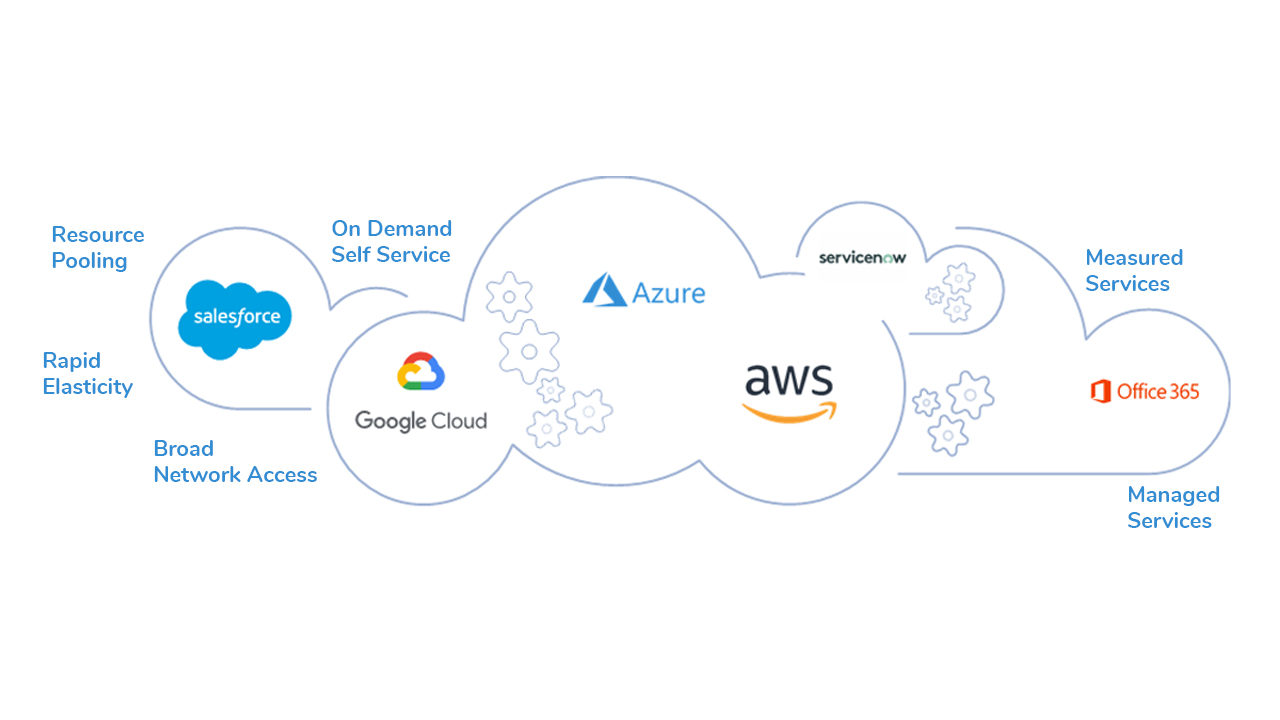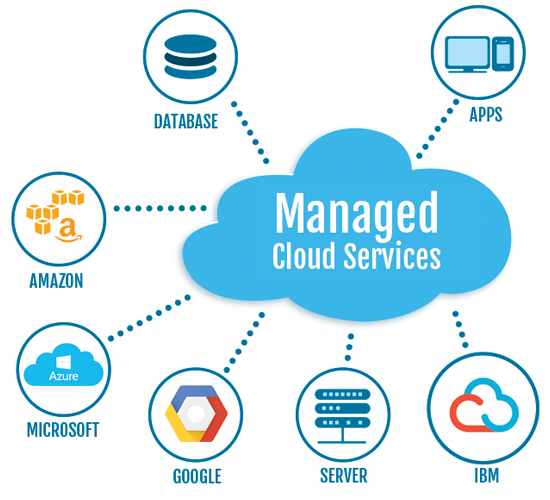LinkDaddy Cloud Services Unveiled: Expert Strategies for Cloud Services Press Release Excellence
Streamline IT Administration With Cloud Provider
Cloud services have actually emerged as a viable option for companies looking to boost effectiveness, reduce expenses, and improve total IT performance. Exactly how exactly do these cloud services revolutionize standard IT management methods? Let's check out the transformative influence of leveraging cloud services on IT procedures and the key factors to consider for effective implementation.
Advantages of Cloud Services

Furthermore, cloud solutions make it possible for companies to enhance their operational efficiency by streamlining processes and reducing the moment and sources required for managing IT infrastructure. With cloud solutions, organizations can automate regular tasks, such as software application updates and data back-ups, liberating IT teams to concentrate on even more critical efforts that drive company value.

Boosted Scalability and Versatility
Cloud services give businesses with unequaled scalability and flexibility in managing their IT sources efficiently. With cloud services, companies can promptly scale up or down their computing resources, storage ability, and network bandwidth to fulfill transforming demands without the requirement for significant in advance financial investments in hardware.
Additionally, cloud solutions supply the versatility to choose from a variety of service models, such as Framework as a Solution (IaaS), System as a Solution (PaaS), or Software as a Service (SaaS), based on the specific demands of the service. The enhanced scalability and adaptability supplied by cloud solutions equip companies to optimize their IT operations and remain nimble in today's vibrant market atmosphere.

Cost-Effectiveness and Savings
With the ability to effectively designate sources based on demand, companies utilizing cloud services can harness significant cost-effectiveness and understand significant financial savings in their IT operations. Additionally, cloud solutions minimize upkeep prices by changing the obligation of hardware maintenance and software program updates to the service provider. On the whole, the cost-effectiveness and financial savings achieved via cloud solutions allow companies to reapportion resources towards technology and development efforts.
Improved Security and Conformity
Enhancing the general security pose and guaranteeing governing compliance are paramount factors to consider for companies leveraging cloud services in their IT monitoring techniques. Cloud company supply sophisticated protection steps, such as information security, multi-factor authentication, and automated backups, which can bolster a firm's protection structure. These providers additionally abide by rigid regulative requirements, such as GDPR, HIPAA, and PCI DSS, helping businesses fulfill compliance requirements extra properly.
Applying cloud solutions can enhance safety and security by offering streamlined control over gain access to monitoring, surveillance, and data security. This central approach simplifies safety monitoring and ensures consistent application additional reading of safety and security policies throughout the company. In addition, cloud services frequently use real-time protection updates and spots, reducing the risk of vulnerabilities and prospective breaches.
Best Practices for Cloud Implementation
Executing cloud services effectively needs an organized strategy that incorporates comprehensive preparation and thorough implementation. To make sure a smooth shift to the cloud, companies need to start by performing an extensive assessment of their current IT facilities and determining which workloads appropriate for movement. It is essential to establish clear goals and specify crucial performance signs (KPIs) to measure the success of the cloud implementation.
One of the very best practices for cloud application is to thoroughly choose a cloud company that straightens with the organization's requirements in regards to safety, compliance, scalability, and cost-effectiveness. Furthermore, producing an in-depth movement plan that describes the steps involved, timelines, and responsibilities is critical for an effective implementation.
Consistently enhancing and checking cloud resources to make certain effective performance and price management is an additional vital aspect of cloud implementation ideal practices. Continuous assessment of the cloud environment and remaining educated concerning updates and new features used by the cloud company can further improve the organization's cloud method. By following these ideal practices, companies can improve their IT monitoring and optimize the benefits of cloud services.
Final Thought
In verdict, leveraging cloud services for IT administration provides countless benefits, consisting of improved scalability, cost-effectiveness, boosted protection, and compliance. By Learn More adhering to ideal techniques for cloud application, companies can streamline their IT procedures, automate routine jobs, and enhance resource allowance. This structured method enables IT teams to concentrate on strategic initiatives and innovation, inevitably supplying worth to the organization. In general, cloud services boost functional effectiveness and agility in managing IT framework.
Furthermore, cloud solutions give the adaptability to select from a variety of solution designs, such as Facilities as a Service (IaaS), System as a Solution (PaaS), or Software Application as a Solution (SaaS), based on the details requirements of the company. Additionally, cloud solutions decrease upkeep costs by shifting the responsibility of hardware maintenance and software application updates to the service carrier.Enhancing the total safety pose and ensuring governing conformity are critical considerations for organizations leveraging cloud services in their IT monitoring methods.Consistently checking and maximizing cloud sources to guarantee reliable performance and price management is one more vital facet of cloud implementation visit this web-site ideal practices. Continuous examination of the cloud environment and remaining informed regarding updates and new attributes used by the cloud service provider can further boost the organization's cloud method.